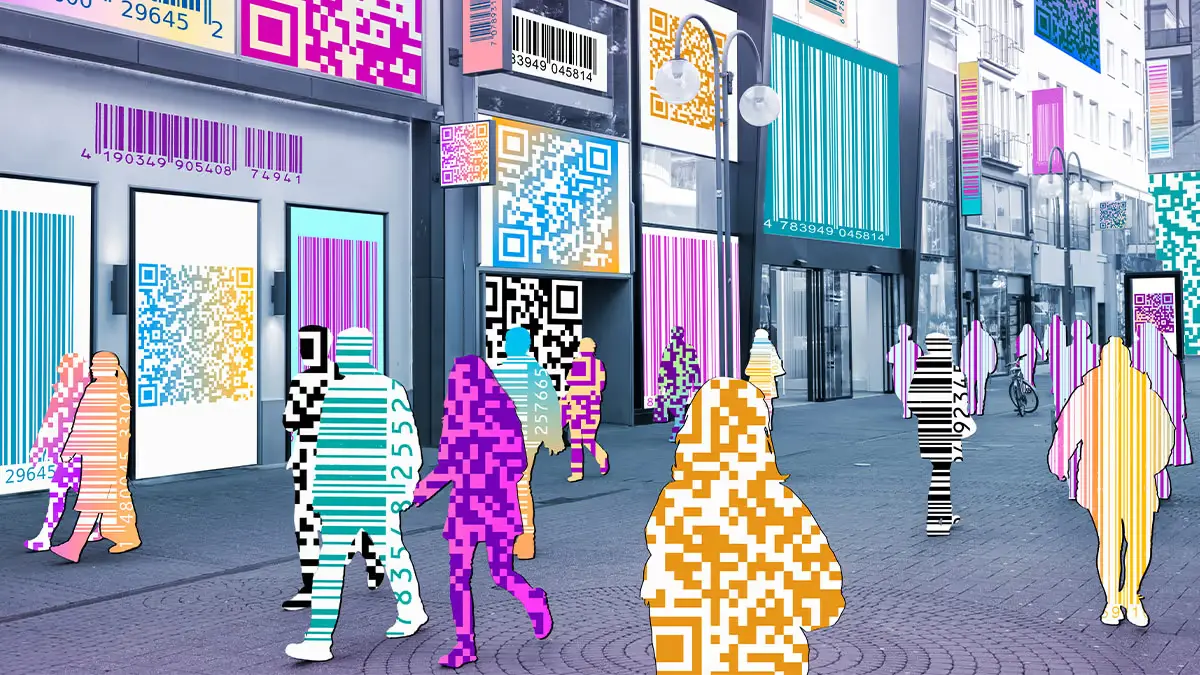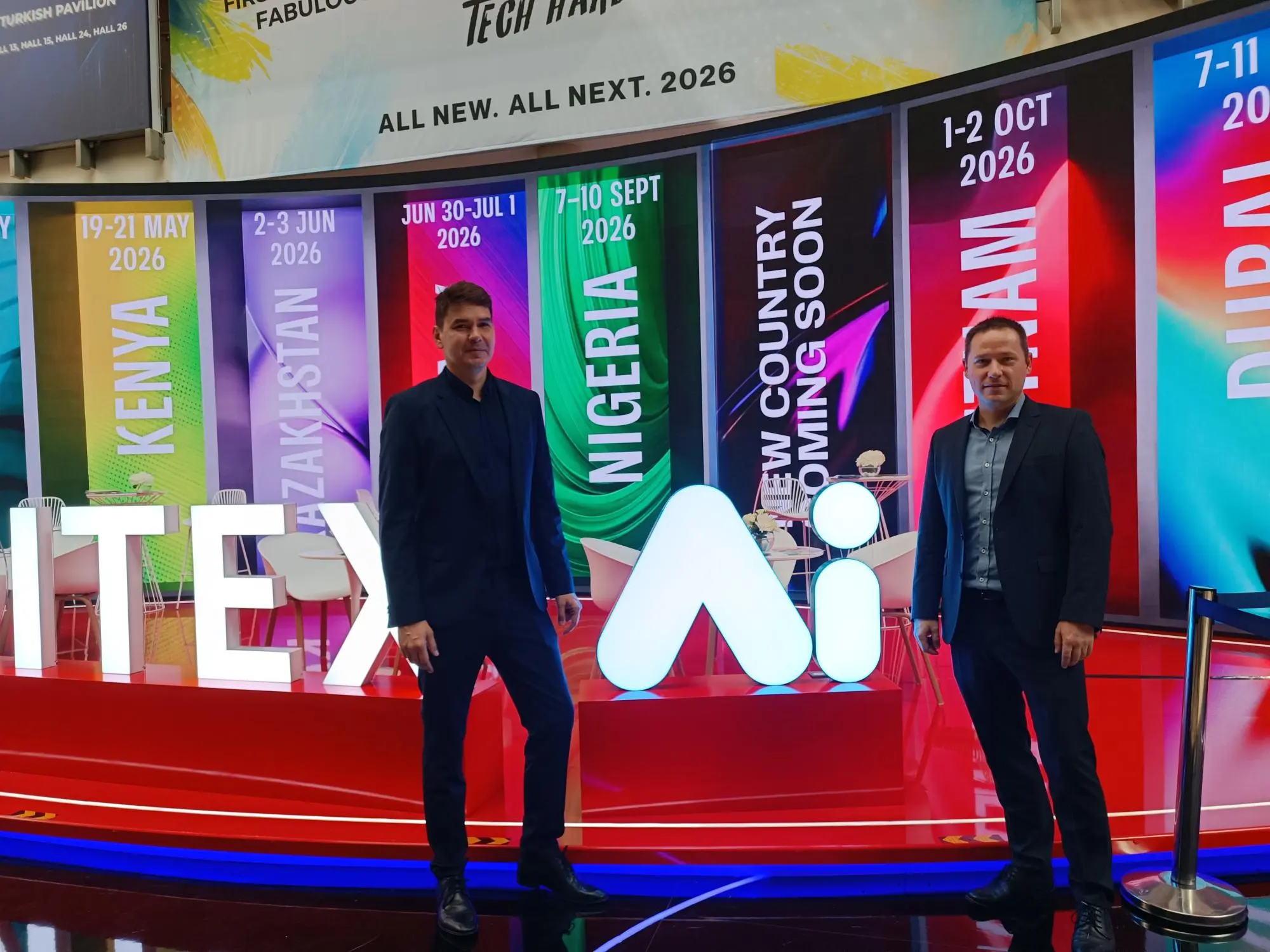AI Agents in Retail Roles: A Corporate Transformation
The narrative of automation in retail has traditionally centered on the store floor and the warehouse. However, a more profound and strategically significant transformation is now underway within the corporate offices themselves. Artificial Intelligence agents—autonomous, software-based entities capable of decision-making and task execution—are rapidly moving beyond tools to become integral components of the corporate workforce. This shift is redefining internal capabilities, cost structures, and the very architecture of retail organizations.
This evolution goes far beyond simple task automation. AI agents are now assuming entire roles centered on data analysis, routine decision-making, and process execution. The result is a fundamental restructuring of workflows, a redefinition of human value, and the emergence of a new hybrid corporate model built for agility, precision, and strategic depth.
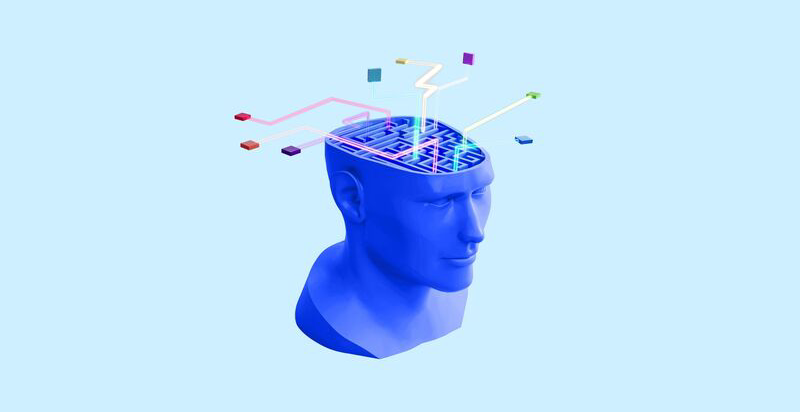
1. The New Corporate Landscape: Key Functions Transformed
The impact is most acute in functions that are data-intensive, repetitive, and rule-based. These areas are experiencing not just efficiency gains, but a complete reinvention of their operating models.
Merchandising and Inventory Management
AI Capability: AI agents are becoming the primary engine for demand forecasting, assortment planning, and allocation. They process vast datasets that extend far beyond internal sales history, incorporating real-time variables like weather patterns, social media trends, competitor pricing, and macroeconomic indicators. These agents can autonomously generate and execute purchase orders within pre-defined strategic guardrails, continuously optimizing inventory levels across the entire network to maximize turnover and minimize markdowns. (Business Insider).
Human Evolution: The role of the human merchandiser is elevated from tactical number-crunching to strategic oversight. These professionals now focus on curating high-level assortment themes, managing strategic vendor relationships that require nuance and empathy, interpreting the AI’s output for broader market trends, and setting the overall buying philosophy.
Strategic Impact: Organizations report reductions in stockouts (30-50%) and markdowns (20-40%), alongside a significant decrease in working capital requirements. The return on investment is measured in gross margin expansion and improved return on invested capital (ROIC). This is because optimized inventory reduces markdowns and frees working capital, while ensuring products are available for purchase at the right time. In practice, this drives higher sales velocity, fewer missed sales opportunities, and healthier balance sheets—all of which directly expand gross margin and boost ROIC (Reuters).
Marketing and Customer Intelligence
AI Capability: In marketing, AI agents autonomously manage and optimize digital campaigns. They dynamically allocate budget across channels, conducting thousands of simultaneous A/B tests on creatives and copy, and personalizing customer communications at an individual level. They execute email, social media, and digital advertising campaigns, making real-time adjustments based on performance data. This dynamic allocation ensures spend continuously flows to the highest-performing channels, lowering customer acquisition costs and improving return on ad spend (ROAS) (Salesforce).
Human Evolution: Marketing teams transition from campaign managers to architects of the customer experience. They establish the brand narrative, define the ethical boundaries for personalization and data use, and leverage the AI-generated insights to inform overarching brand strategy.
Strategic Impact: This leads to substantial improvements in marketing efficiency (lower customer acquisition cost) and effectiveness (higher customer lifetime value through hyper-relevance).
Financial Planning and Analysis (FP&A)
AI Capability: AI agents are revolutionizing FP&A by automating data consolidation, generating predictive forecasts, and running complex scenario analyses. They can answer intricate financial queries in natural language—such as modeling the EBITDA impact of a supply chain disruption—in minutes rather than the days it traditionally took (Bain & Company).
Human Evolution: Finance professionals evolve from reporters of historical performance into strategic partners. They interpret the AI’s forecasts and models to provide counsel to business units and evaluate the financial implications of long-term strategic initiatives.
Strategic Impact: The financial close and budgeting cycles are drastically accelerated. The finance function becomes a source of predictive intelligence, enabling faster, more confident strategic decision-making (KPMG).
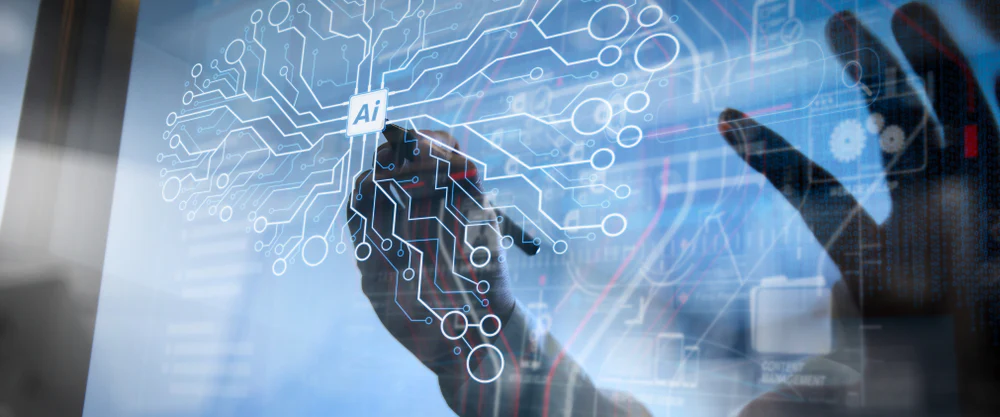
2. Structural and Operational Implications
The integration of AI agents necessitates a redesign of traditional corporate structures and processes.
Workflow Orchestration: AI agents do not merely perform tasks; they orchestrate entire processes. An agent can detect a demand spike, adjust inventory forecasts, trigger a replenishment order, and alert the logistics team—all autonomously, with human intervention only at exception points (SymphonyAI).
The Talent Paradigm Shift: The skills map for corporate employees is being redrawn. There is a decreasing demand for manual data processing and a surging demand for skills in AI oversight, prompt engineering, data interpretation, and creative strategy. Continuous upskilling is a core business necessity.
3. Strategic Considerations and Risks
While the benefits are compelling, the integration of AI agents introduces new categories of risk that require executive oversight.
Governance and Ethics: The delegation of decision-making to algorithms demands robust governance frameworks. Boards must ensure AI agents operate without bias and adhere to ethical guidelines, maintaining transparency in their decision-making processes (“explainable AI”).
Data Security and Resilience: AI agents with permissions to execute financial transactions become high-value targets for cyberattacks. Ensuring the security and integrity of these systems is paramount.
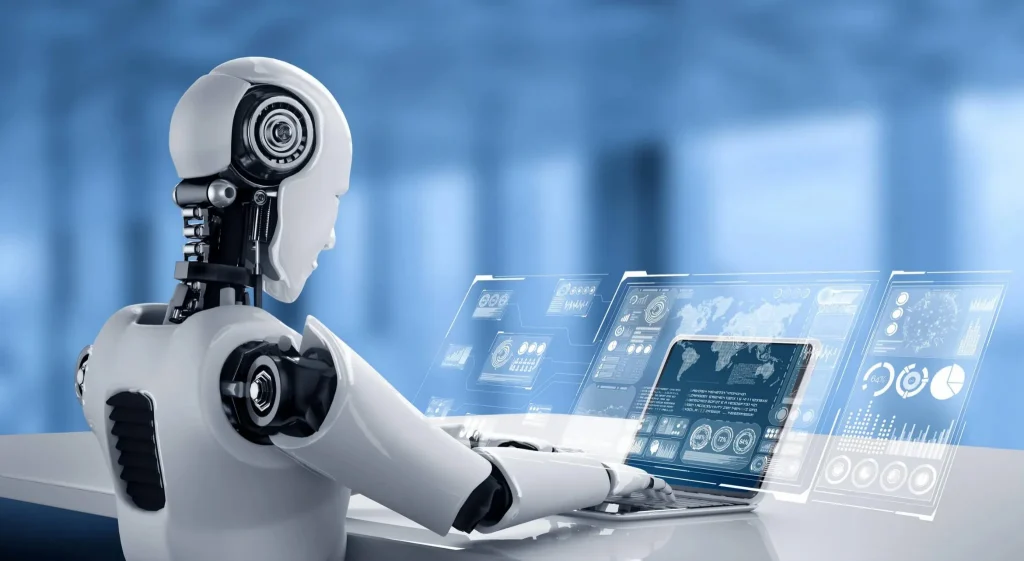
4. The Path Forward
The adoption of AI agents is a present-day competitive differentiator. The retailers leading the pack are those treating this not as an IT project, but as a comprehensive strategic transformation.
The organizations that will thrive are those that successfully design a new hybrid model: one where AI agents manage the scale, speed, and precision of execution, and human intelligence is amplified to focus on higher-order strategy, creativity, and innovation.
Ready to architect this transition for your organization? The journey begins with a strategic assessment of your core processes. Discover how to integrate AI agents to drive efficiency, margin expansion, and strategic agility.
Reach out to our experts to begin building your future-ready retail enterprise.


